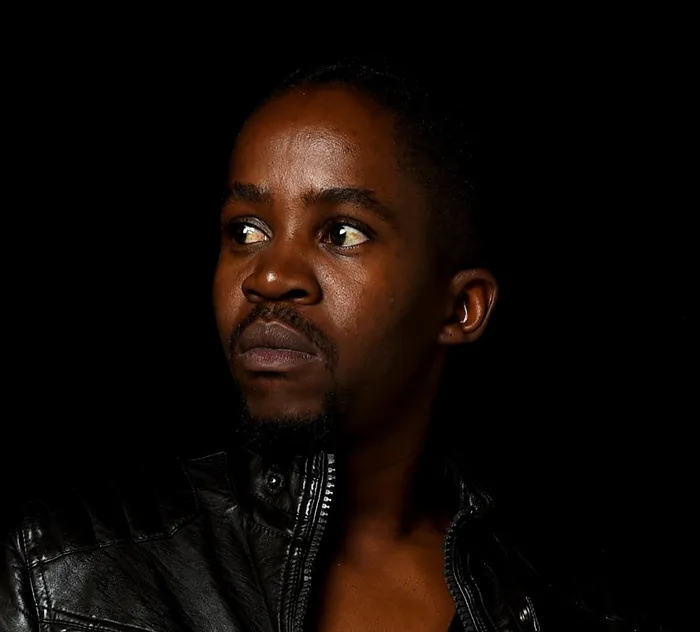
Rabbie Serumula, author, award-winning poet, journalist.
Image: File
They didn’t catch Julius Malema on “Kill the Boer.” Instead, the Equality Court reached for the low-hanging fruit, a speech about revolution and killing, and branded it hate speech. It’s a clever move: easier to nail him on the sidelines than to confront the real prize head-on. Because what Malema’s opponents truly want is not just to silence one speech, but to build the legal bridge that will finally outlaw “Kill the Boer,” a Struggle chant that has haunted them for decades.
But here’s the catch: the court’s ruling only works if you strip Malema’s words of their history, context, and metaphor. The judgment assumes that South Africans are too dim to understand revolutionary rhetoric, too fragile to hear metaphor, too detached from our own liberation history to recognise a chant or speech for what it is. As EFF spokesperson Sinawo Tambo argued, this interpretation reduces revolutionary critique to criminality. It is the judicial equivalent of covering your ears and insisting the Struggle never happened.
Take Brackenfell, for instance. In 2020, when black protesters marched against racial exclusion at Brackenfell High School, they were met with fists and fury for daring to question why a school event looked like a return to apartheid days. Malema’s speech, the one now at the heart of this ruling, was born out of that very clash. To pretend that his words float in a vacuum, detached from Brackenfell and from South Africa’s broader racial wound, is to misread them entirely.
The Equality Court may pretend this judgment is about one reckless turn of phrase. But anyone who has followed the political battles of the past decade knows the real war has always been over “Kill the Boer.” Malema himself has been tested on it before, and the courts, including the Supreme Court of Appeal, found that the chant is a product of political struggle, not hate speech. Those rulings drew a hard line: without evidence that the song directly incites violence, it remains protected political expression.
That history explains why the state and Malema’s political rivals are so eager to dress up his 2022 comments as hate speech. It’s a proxy fight. If they can’t win the argument outright over the chant, they will build a precedent around the man. Get him declared guilty first, and the leap to criminalise “Kill the Boer” later becomes easier to justify.
And let’s be honest: it’s a strategy of convenience. Going after the chant directly is messy. It would mean reopening the history of liberation songs, confronting the contradictions of our transition, and admitting that Struggle rhetoric cannot be neatly separated from South Africa’s unresolved racial tensions. Far easier to grab the low-hanging fruit of a provocative soundbite, strip it of context, and call it hate speech. That way, when the bigger battle comes, the one over outlawing “Kill the Boer”, the state can point to this judgment and say, “Look, we’ve already proven the danger.”
For more analysis and commentary in vernacular, join the conversation on Rabbie’s YouTube Channel: www.youtube.com/c/RabbieWrote?sub_confirmation=1